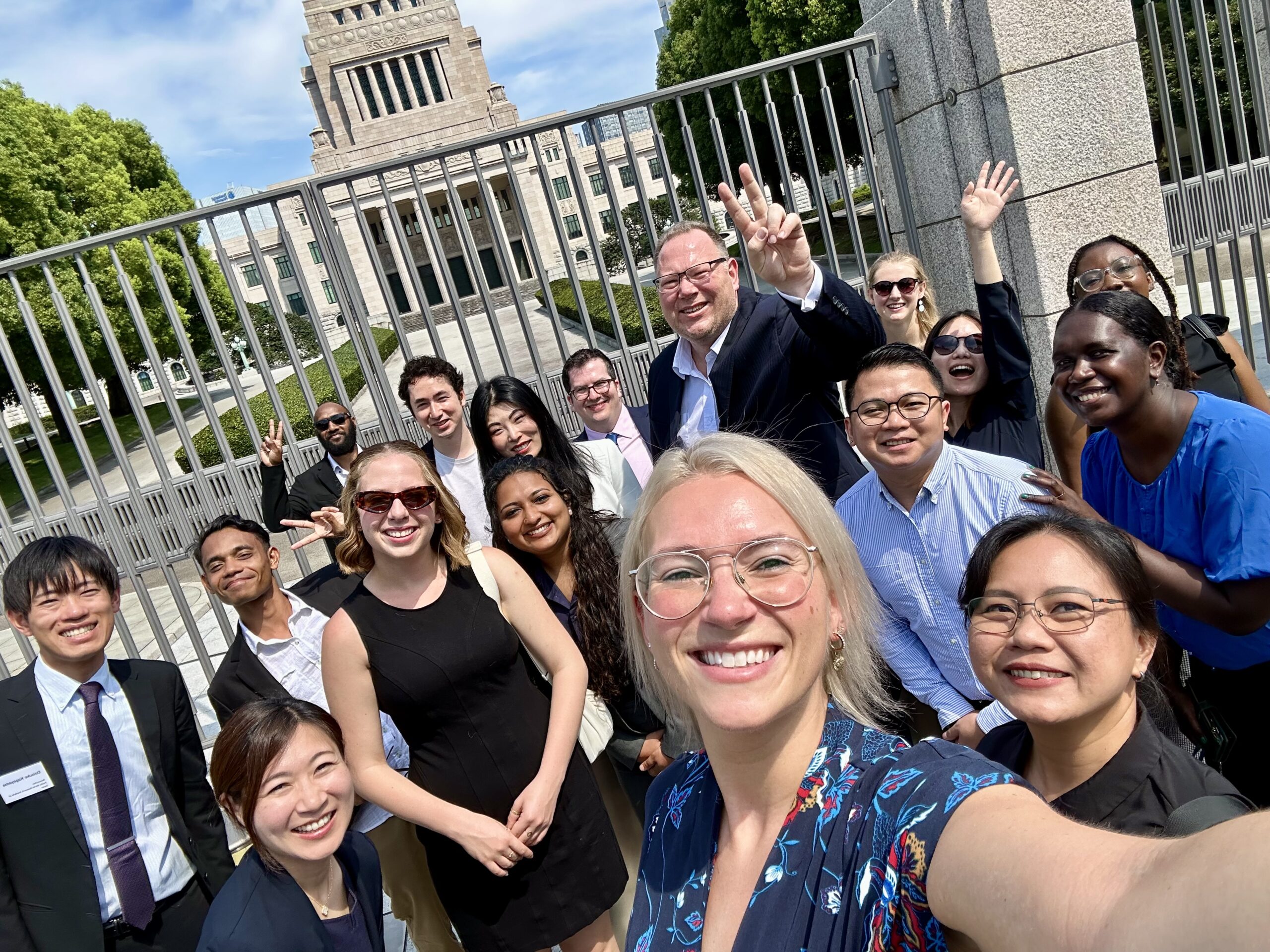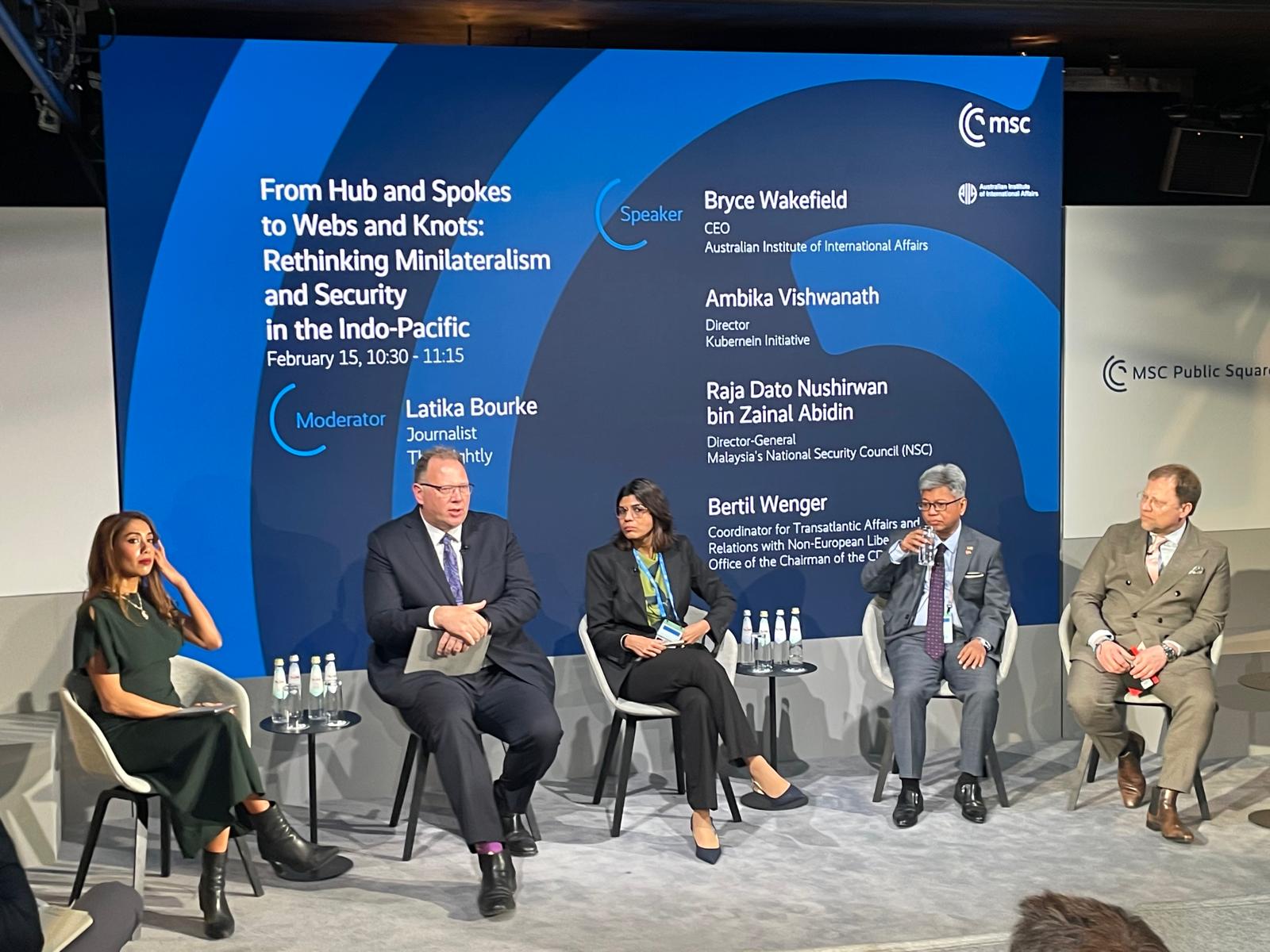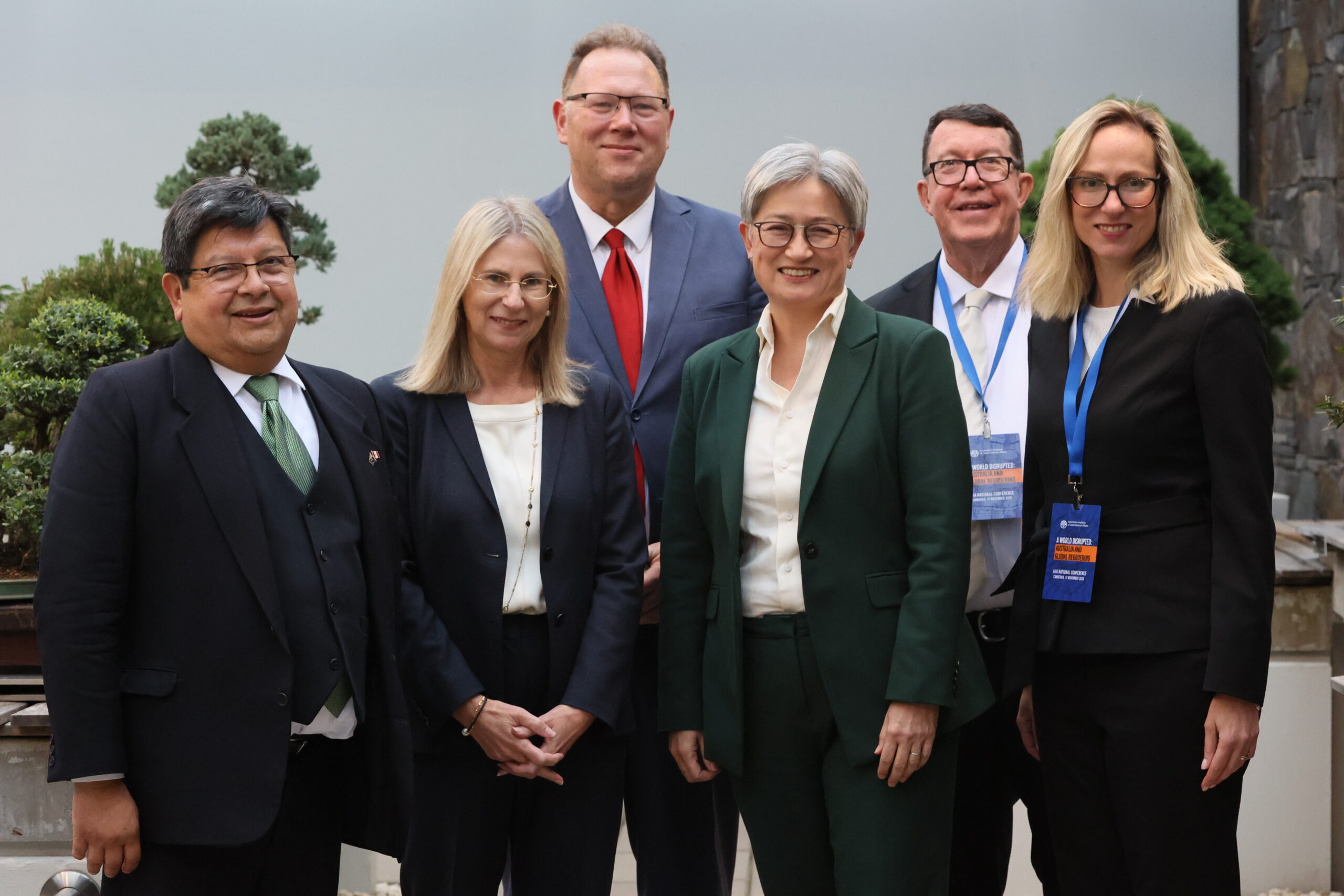SYDNEY — Dr Bryce Wakefield, Chief Executive Officer of the Australian Institute of International Affairs (AIIA), appeared before the Senate Foreign Affairs, Defence and Trade References Committee to give evidence on the proposed National Volunteer Incentive Scheme, also known as the “Climate Army”.
The Hansard featuring Wakefield’s full remarks is available here.
In his remarks, Wakefield emphasised the importance of drawing on existing local and international knowledge networks to strengthen disaster resilience efforts. He highlighted the work of the Indo-Pacific Cooperation Network (IPCN), a program co-created by the AIIA and the Japan Foundation, which brings together early-career professionals from across the Indo-Pacific to exchange expertise in disaster preparedness, response, and memorialisation.
The initiative, recognised at the highest levels during a state visit to the White House by then Japanese Prime Minister Kishida Fumio, convenes scientists, communications specialists, NGO staff, emergency coordinators, and others to build a transnational professional community able to support one another in their approach to disaster preparation, response, and recovery. Wakefield noted that this type of network exemplifies the collaborative and regionally grounded approach that could complement Australia’s proposed volunteer scheme.
He further pointed out that the AIIA’s submission drew on the contributions of several IPCN participants, who reflected on the scheme in light of their diverse professional and regional experiences. Their perspectives, grounded in local realities across the Indo-Pacific, highlighted the centrality of knowledge-sharing, the importance of engaging at-risk communities, and the risks of ad hoc volunteer mobilisation.
Wakefield stressed that any national volunteer program must prioritise coordination, leadership, and training to avoid fragmented responses, and ensure that Indigenous and local communities are active contributors rather than passive recipients of assistance. Drawing lessons from New Zealand and Japan, he underscored the value of integrating local knowledge, youth participation, and strong preparation into disaster response frameworks.
The hearing formed part of the Senate inquiry into how the Climate Army could mobilise young Australians, strengthen community resilience, and learn from overseas best practices. Wakefield’s contribution showcased how Australia can not only build its own capacity but also play a leading role in shaping regional approaches to disaster resilience through innovative networks and partnerships.





